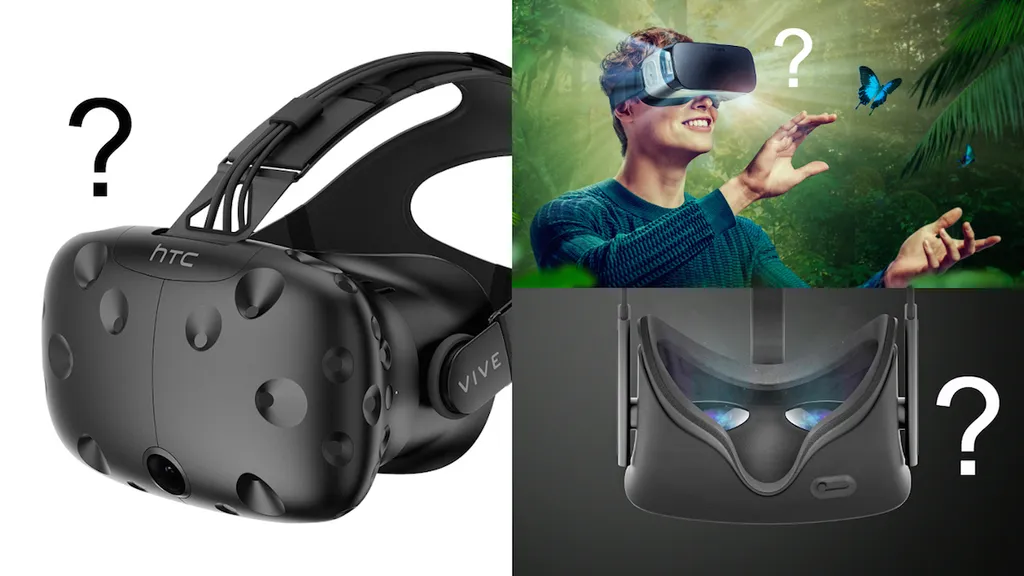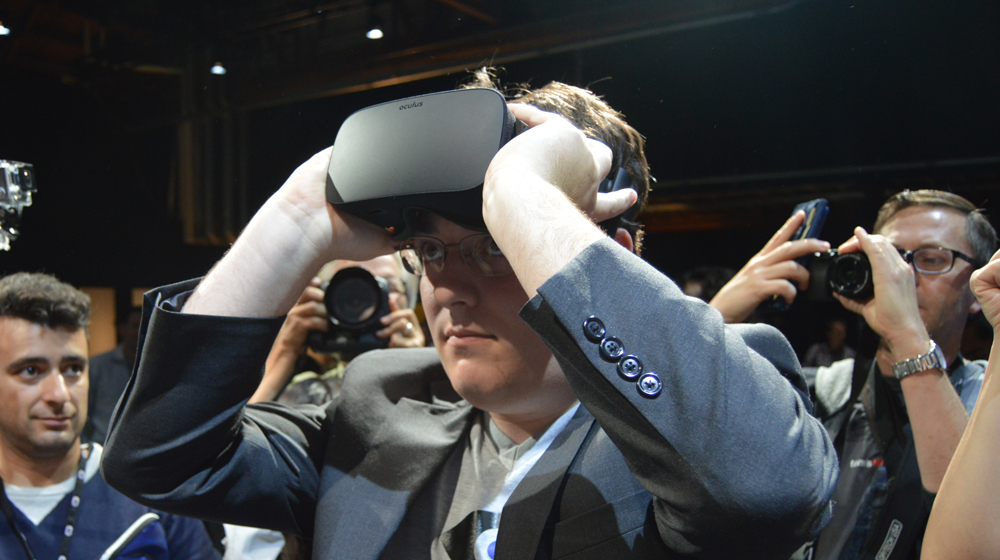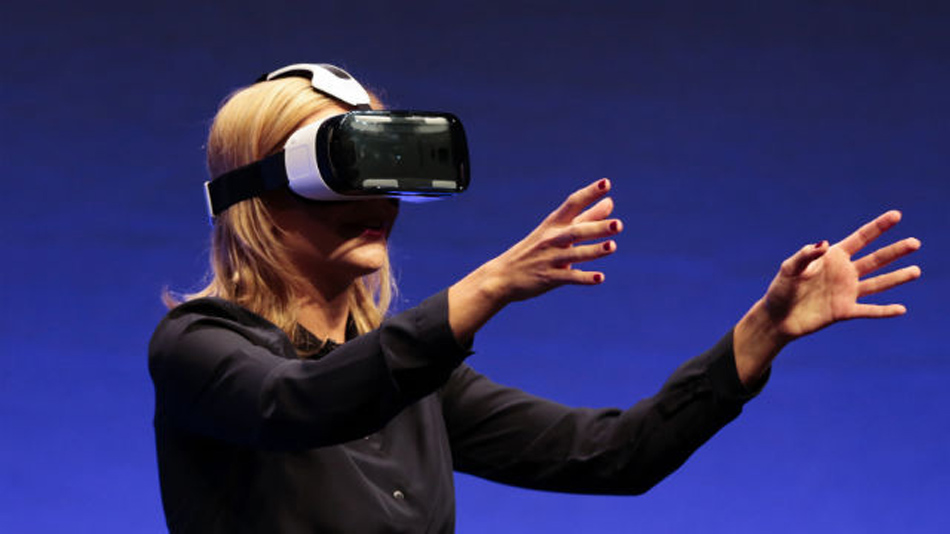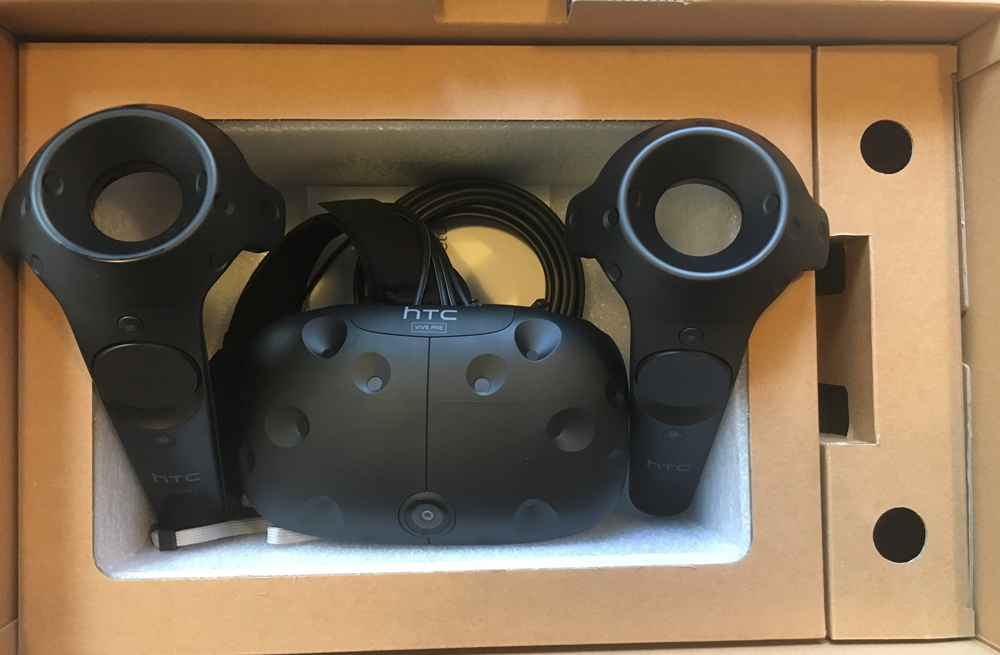The generation that makes up virtual reality’s primary early adopter marketplace is not known for its patience.
We are, for the most part, kids who grew up with high speed internet, text messaging, and smartphones. We’ve come of age in a world where instantaneous gratification and immediate communication are the standards.
And yet it is this group of people – with a collective attention span smaller than a single one of our grandparents – that major VR headset manufacturers are asking to simply wait while they resolve major shipping issues during their respective launches.
It’s going about as well as you’d expect.
Oculus Rift – The Launch That Wasn’t A Launch
The Oculus Rift supposedly launched on March 28. I say supposedly because the term “launch” when applied to a new product usually signifies that orders are being fulfilled and inventory is being correctly distributed. This has not been the case for the Rift.
Before I describe exactly what’s been going on with the Rift it should be noticed that many, many people have had their orders fulfilled without incident. However, when it comes to large scale hardware distributions, close just doesn’t cut it.
The Rift launch was based on two things: Kickstarter backers and pre-orders. In fact, trying to buy a new Rift – even in the “post-launch” era – will take you months. It’s not uncommon for hot merchandise to sell out quickly (cough, cough Nintendo) but can a product really be considered to have launched if it is literally unavailable from now until the summer? Semantically it seems we are still in an age of pre-orders.
This would not be as much of a problem if the orders that were placed months ago by Oculus’ most eager fans were being fulfilled. Many pre-order purchasers refreshed their email accounts, and bank balances, over and over and over again hoping for some indication that their order was on the way.
The pre-orders work off a batch system depending on how soon a customer got his or her purchase in. Some of the earliest adopters (0-10 minutes or so after the order page went live) were told that their systems would be shipping in March. March came and went and while many of these customers were now receiving email notifications that their orders had been processed, others were still left waiting.
Confusion and frustration echoed across the internet as jilted shoppers took to Twitter, Facebook, Reddit, skywriting, bus bench ads and any other method they could think of to voice their outrage. Oculus was relatively quiet during this period which only served to further frustrate its fans. That silence was eventually broken:
We know you’re anxious to receive your Oculus Rift, and apologize for not updating your order status sooner. We’ve been working through an unexpected component shortage, and unfortunately, that issue has impacted the original shipping estimates for some early customers.
We’re working hard to get up-to-date ship windows, and you should expect to see your order status updated on oculus.com by Tuesday, April 12. Although many Rifts will be arriving on schedule and in line with original estimates, we’ll be covering shipping and handling costs for all orders placed through today.
The above statement was emailed to certain affected customers bringing with it the revelation that the delay is the result of an unforeseen component shortage and that Oculus would be covering shipping costs for all orders placed up until the day of the statement.
There has been no word on what those updated shipping windows might be, but if they are not even expected to be updated until April 12, then those customers that expected their Rifts to ship on the 28 or 29 could be looking at a delay of nearly a month.
Oculus has declined to comment on this issue
Samsung Gear VR – The Bundle That Is Becoming A Burden
The Rift’s sister device – the Gear VR – is developed jointly between Oculus and Samsung. The latter company recently made headlines by announcing that free Gear VR headsets (which retail for $99) would be bundled with Samsung Galaxy S7 and S7 Edge pre-orders.
No official number has been released by Samsung as to how many people actually took advantage of this promotion, but it does seem to have been well received and viewed mostly as a positive thing with the technological community. Unfortunately, that good will may be about to run out.
According to a report on IR.net, many pre-order Gear VR bundle customers are discovering that there free device won’t be available to them for several months and into the summer. What makes it worse is that Samsung’s attempts to stop the bleeding have nicked an entirely separate artery and only served to make the entire situation that much more dire.
Samsung is reportedly offering $100 vouchers to their online store to the affected pre-order customers. The problem, however, is that these vouchers – which one would think could be made available easily and instantly through some sort of emailed code – are inscrutably being doled out over the next several months. One user on Reddit was apparently told that he should contact Samsung customer support if he does not receive his code by May 5.
Both Oculus and Samsung were unavailable to comment on this situation.
HTC Vive: Shut Up And Take My Money…Please?
The launch of the HTC Vive – which took place eight days after Oculus’ own – was something of a litmus test for VR early adopters. Would the same problems plaguing one headset manufacturer be repeated, or would HTC shame its rival through a flawless, PR perfect launch.
At first it seemed that the Vive would be able to do just that. The early days of its launch were more positive than those of its counterpart but, before long, the horrible monster called delay once again reared its ugly head.
Outraged customers, most of whom were located in Europe, began to complain that their credit cards had not been charged for their purchase yet and, what’s worse, their orders had reportedly been cancelled. More and more complaints began to trickle out until the trickle became a flood leading to an official response from HTC.
A message to our customers:
While fulfilling this week’s orders for HTC Vive, a limited number of individuals were affected by auto cancellations due to processing issues with financial institutions. We’re actively working to resolve this, and have already reinstated orders for some customers. We want to assure our customers that we’ll work with them to process their payment so they can receive their Vive when they were expecting it. If you pre-ordered a Vive, we encourage you to contact your financial institution to notify them of upcoming charges.
We apologize for the inconvenience. If you have any questions regarding the status of your order please contact us at (US) +1 888-216-4736 or online at http://www.htcvive.com/support.
Thank you,
The Vive Team
Bad Luck or Bad Omen?
In the case of Oculus the shipping delay somewhat makes sense. This is, after all, the first product launch in the young company’s history and the first piece of hardware ever produced by parent company Facebook. However, Samsung and HTC are both institutional technology companies and seeing similar delays from those groups is enough to give one pause.
Are these delays simply links in an unrelated chain of unfortunately timed errors, or is there something tied to the nature – either in terms of production, distribution or operations – of the VR industry that necessitates these types of delays.
The next major headset to launch will be the Playstation VR in October. Sony as a company has been successfully pulling off enormous worldwide releases for its Playstation video game consoles for decades. If anyone can break the curse of the broken VR launch it would be them and one industry analyst – Polygon’s Ben Kuchera – poked fun at the idea via Twitter.
Sony’s secret strategy to win the VR race? It’s really sneaky, are you ready? When someone orders one? They’re going to ship it to them.
— Ben Kuchera (@BenKuchera) April 5, 2016
Are the components really that tricky to come by, and really so easy to overlook, that a critical shortage could not be resolved by launch day over at Oculus? Are the details of order fulfillment truly so complex that HTC was unable to even charge some its customers successfully for their purchases? And are the stores of product so low or so difficult to obtain that Samsung is unable to meet all of tis pre-order requests?
Since the major players involved are choosing to remain tight lipped about these incidents we can only speculate as to their true nature. However, if the VR industry wants to be taken seriously as a legitimate piece of consumer technology, these issues cannot continue to be present in future releases and product launches.
The world needs to know that we can play with the big boys and we are relying on these companies to put our best foot forward. That foot may end up going forward at some point, it’s just taking a lot longer than expected.
Note: This post will be updated if and when any of the aforementioned companies responds to our inquiries.





























